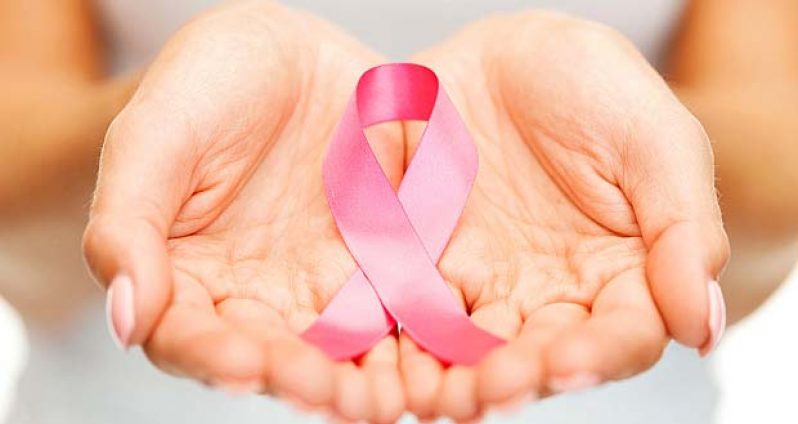IT WAS another ‘Chemo Wednesday’ or ‘Chemo Wednesdays!’ as my boyfriend would say usually accompanied by the classic Travolta ‘Stayin’ Alive’ dance. My chemo sessions thus far had all taken place on Wednesdays and it had become a joke between us that made the treatments sound like a party, as if it were a ‘T.G.I F!’ we were referring to.
This ‘Chemo Wednesday’ was special;it marked fifty percent completion of my chemotherapy. I was at round 4 and could not wait to complete this stage,mostly due to the fact that my chemo drugs would be changed. This would be the last time I (hoped) would have the nausea and all that good stuff that comes from the chemo drug nicknamed ‘the red devil’. I saw the fourth round as a bridge to the fifth where I would reach the castle, slay the dragon and eat the dragon without feeling sick.
As I lounged in one of the recliners in the chemo room, I reached for the envelope in my bag. On the front of the card read ‘With deepest sympathy in this difficult time’. Huh? Did I die? Who died? What’s going on? Inside the card more poignant words about ‘difficult times’ and scrawled below ‘love from uncle —’ .
My feelings were quelled as I read who it was from; I had never even expected a card and was touched by his compassion. His intentions were good and sincere and that was more important than his perceived insensitive card.
I wasn’t alone in feeling the way I did. It seemed insensitivity and tact were problems faced by cancer patients globally. People want to be supportive but don’t always know what to say or do;here are a few of the comments I have heard as well as what to say /not say to someone diagnosed with cancer. This is a delicate matter and saying or doing the ‘wrong’ thing can be more damaging to a patient than supportive.
1. You have to be strong/positive’. This means well but it also gives us the idea that you don’t think we already are. Instead say something like ‘You are strong, or you are positive’. I have heard this a gazillion times and had it not been for the fact that I know it’s well intentioned I would have probably rolled my eyes.
2. The worst thing someone can do when they visit or talk with me is have an emotional breakdown. Cancer patients want support, hope and positive reinforcement. If the patient is emotional then I understand a friend or loved one being moved to tears. It’s important to show a brave face to your friend even if you feel very sad about it, it’s not about your feelings, it’s about theirs. Let them know there is hope.
3. ‘My aunt had breast cancer too, she died.’ No, no and no! Never tell someone with cancer a tragic story about someone else with cancer. We need to inspire hope not fear.
4. ‘Will it go away after the chemo?’ We coexist in a life of uncertainty and can never ‘know’ anything for sure until it has actually happened. Predictions can go either way and doing so will only drive us and our chemo brain insane.
5. ‘Is there something I can do for you?’ This is one of the most considerate things you can ask someone who isn’t well but it’s better to offer to do something specific. Instead,tell them what you would like to do for them e.g. ‘I will bring some fruits for you, what would you like?’
6. Ask questions about what we’ve been doing as opposed to things about cancer. It is something we have, not who we are.
7. A call or message can discern whether or not the patient is up for visitors,but don’t constantly push it. Your intentions may be well-meaning but patients like their privacy and as a general rule of thumb- if you have to ask where they live because you have never been to their house, you probably should not be visiting them unless they say so.
8. ‘Why do you wear a wig?’ This is a very personal choice and not one that a cancer patient needs to explain. Some women are comfortable rocking the bald look throughout their treatment but some of us, myself included, like to be reminded at times of what it feels like to have hair. Vain as we might be, aesthetics like wigs, eyelashes and makeup are important because they help us to ‘feel’ more like our normal selves even if it is just by appearances – let us have that.
9. ‘You are in my prayers.’ This is one of the most compassionate things you can say to someone who is ill,but refrain from talk about religion,especially if you do not know that person’s beliefs.
It’s okay to not know what to say. I have cancer and I still don’t know the ‘appropriate ’thing to say to someone who does. The most impactful thing about showing support is just the mere act of reaching out in whatever way,no matter how small,to let them know they are in your thoughts.




.png)









